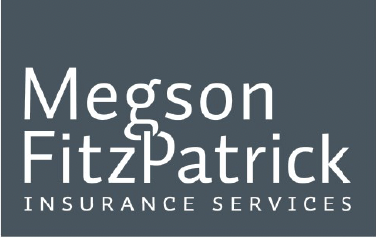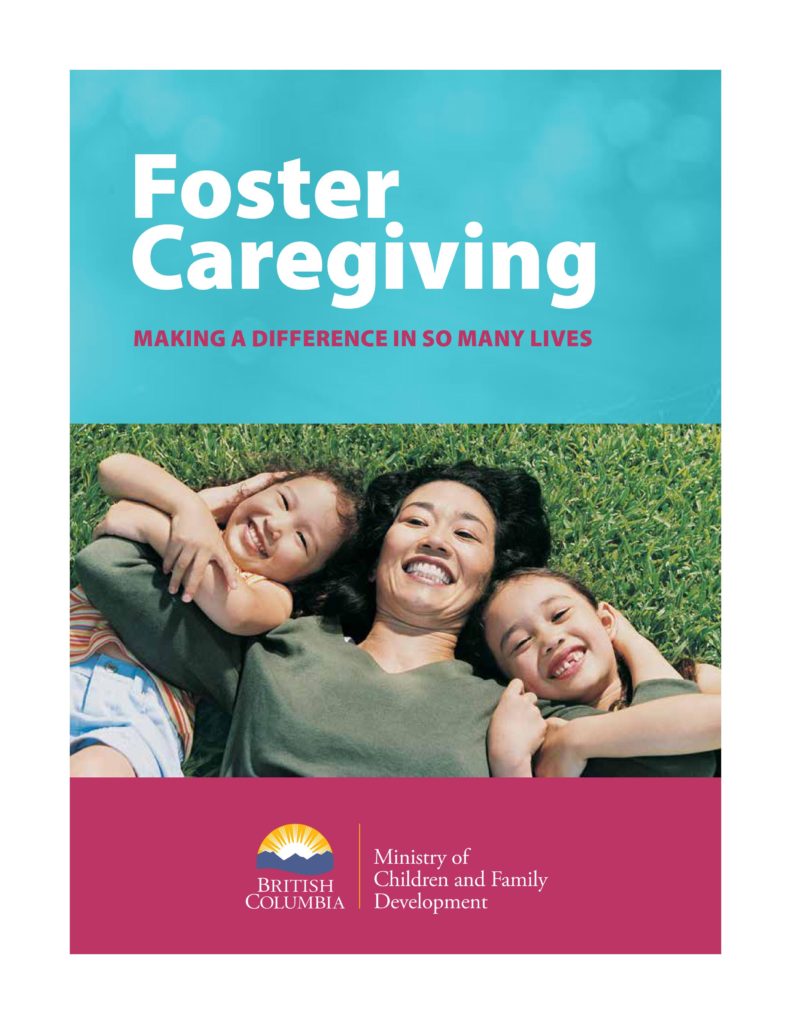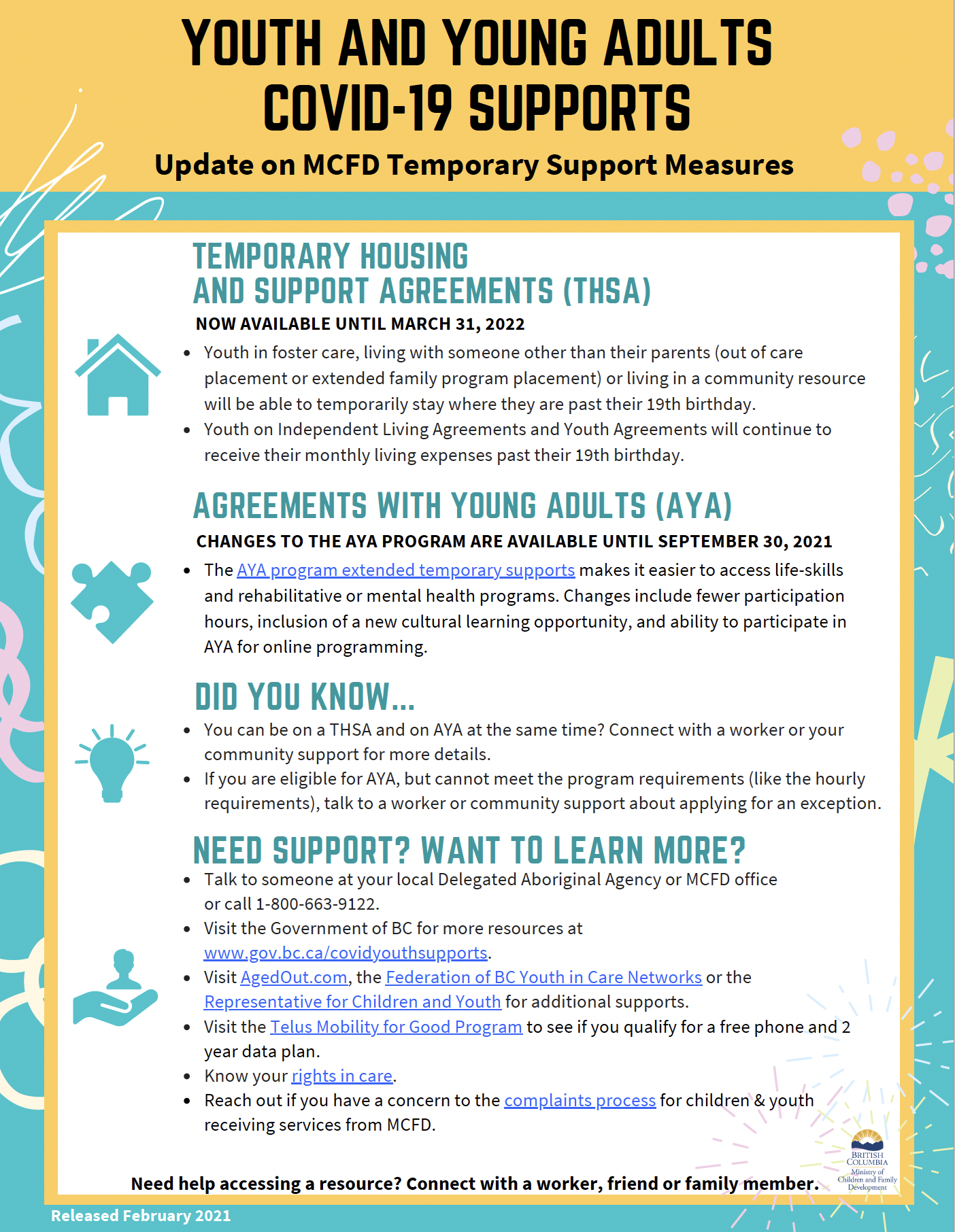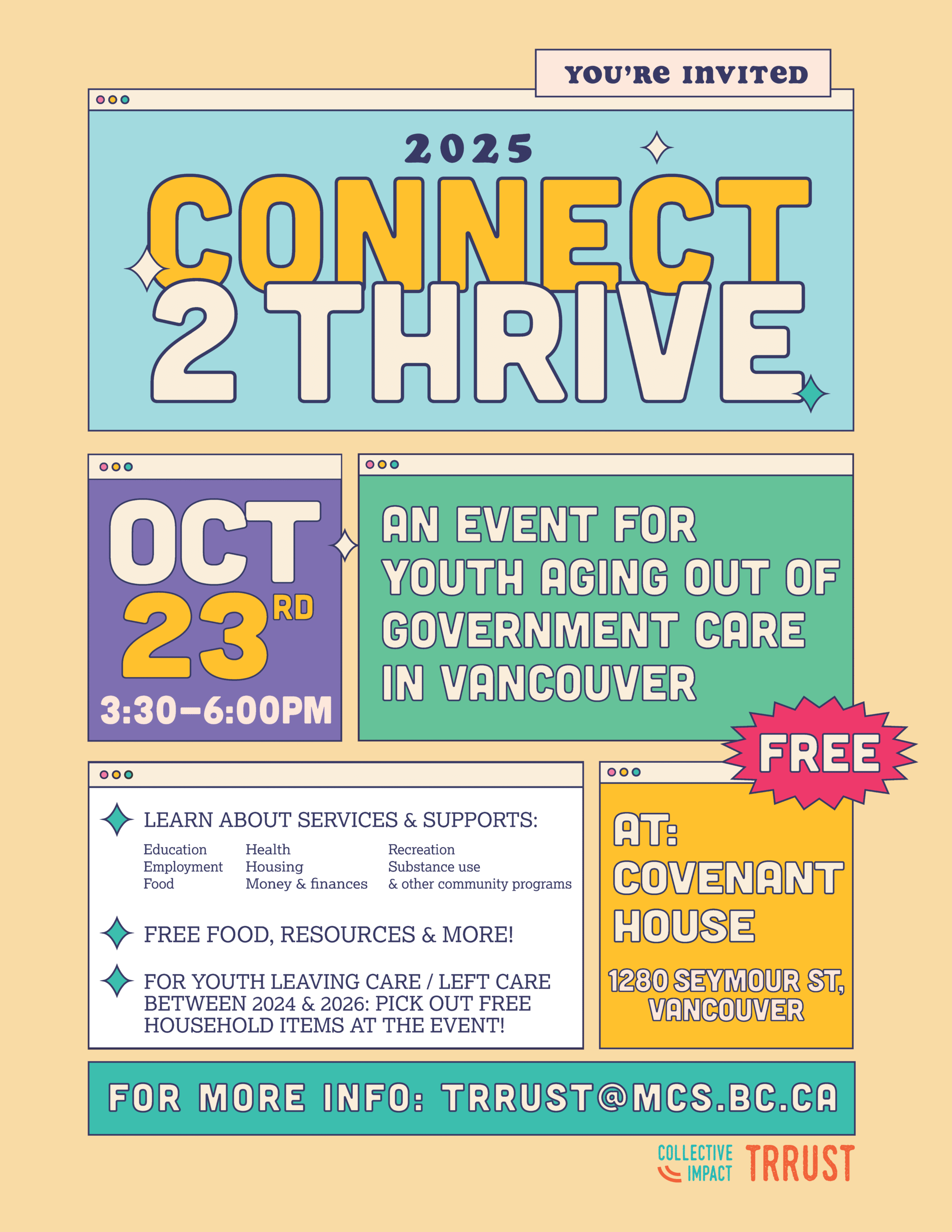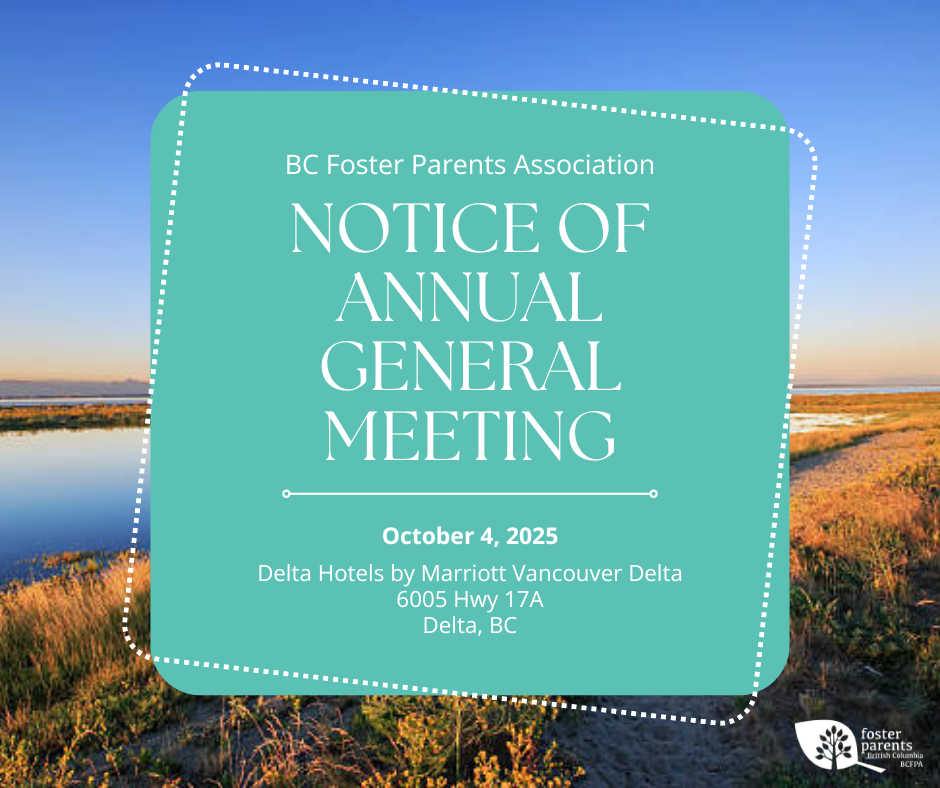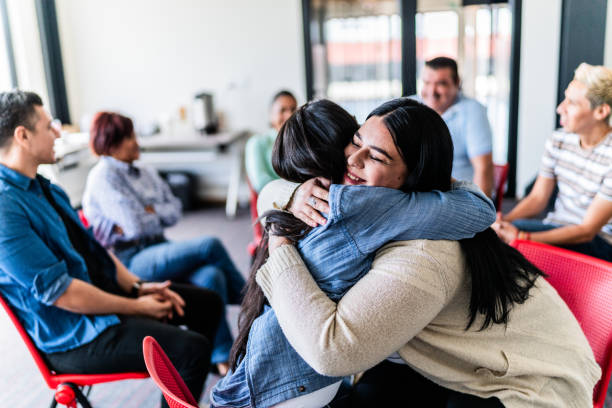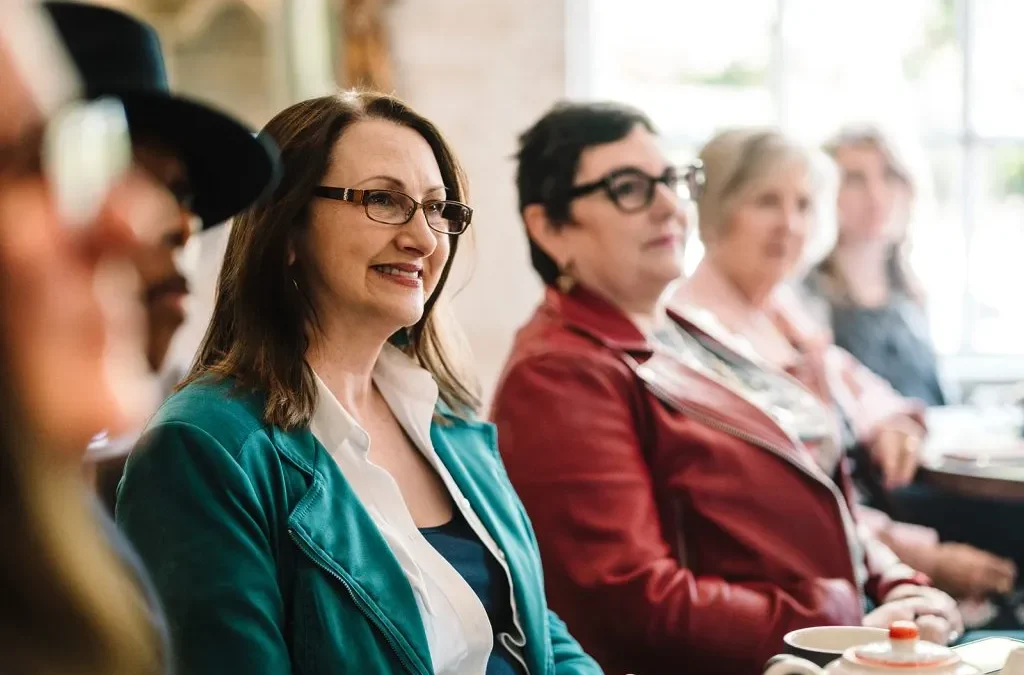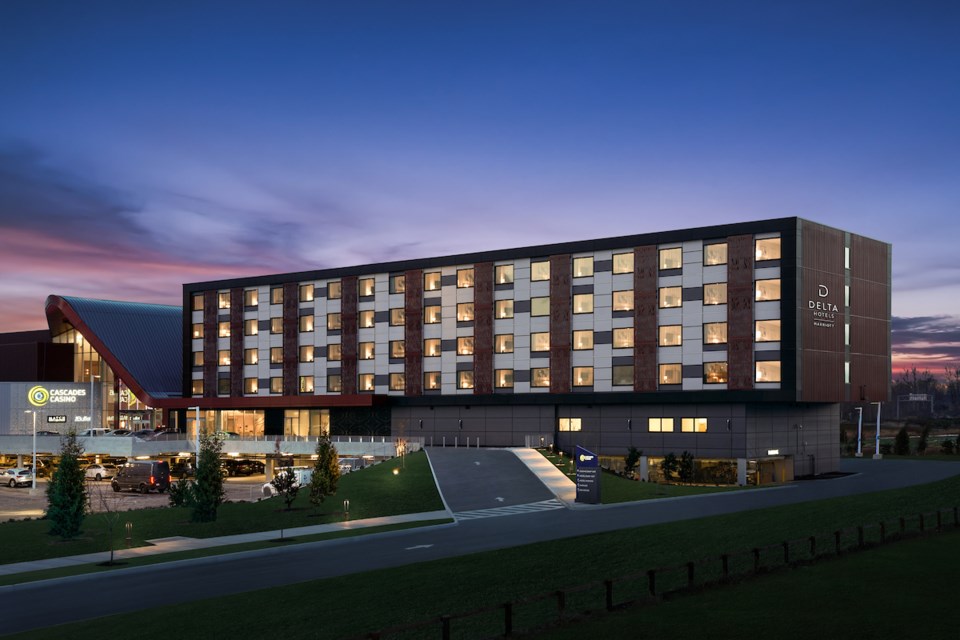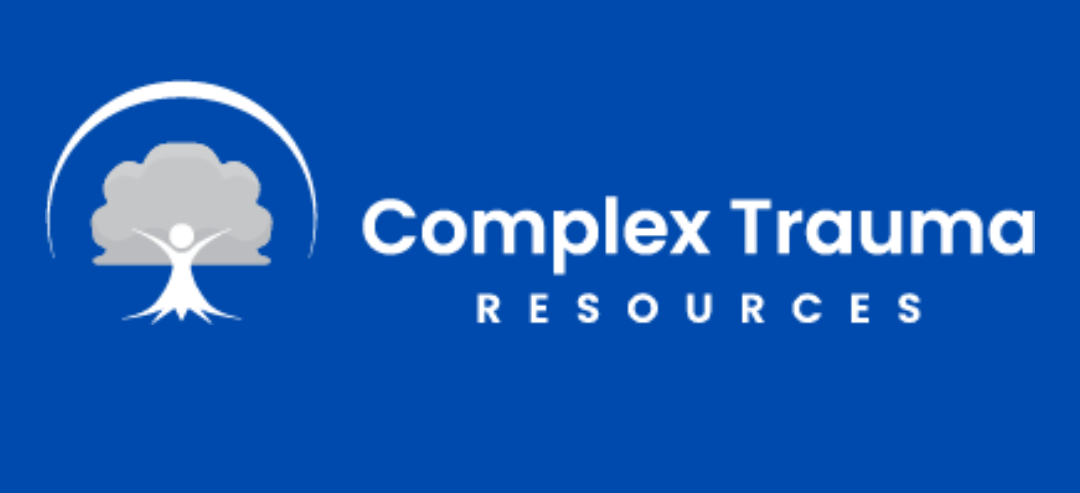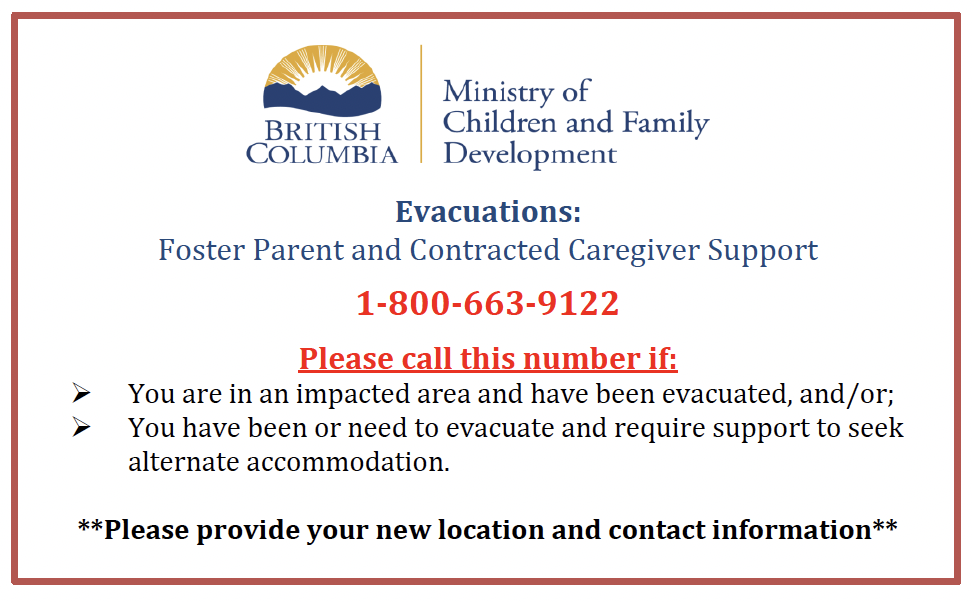
MCFD Emergency Information for Foster Parents Impacted by the BC Wildfires
As part of the Ministry of Children and Family Development (MCFD) preparedness activities, we want to ensure all Foster Parents and Contracted Agency Care Providers update their information and know how to contact the Ministry during emergency events.
With the approaching flood and wildfire season, there is a potential that your community may be impacted and you may be required to evacuate to a safe location. To support our Foster Parents and Contracted Agency Care Providers during emergency events, MCFD has designated a contact number that is available and staffed around the clock, seven days a week.
Call 1-800-663-9122 as soon as it is safe to do so, if:
- You have been evacuated as a result of a flood or a wildfire.
- You have been evacuated or are in the process of evacuating and require support to seek alternative accommodation.
Additionally, to prepare in advance of the upcoming flood and wildfire season, we ask that all care providers ensure MCFD has their latest contact information, including mobile phone numbers. If you need to update your information, please call 1-800-663-9122. MCFD social workers will ensure updates are reflected in our records so that contact with the care providers for children in care can continue despite care provider location.
If you have been evacuated from your home community and require support, please contact the local MCFD office in your new area. All MCFD offices in the new area are available to provide support to caregivers.
For additional information about flooding or wildfires please refer to:
Website: http://www.emergencyinfobc.gov.bc.ca
Twitter: @EmergencyInfoBC
Phone: 1.888.663.5555.
Thank you for your continued commitment to children in care.

Phone
Main:
604-544-1110
Toll-Free Foster Parent Line:
1-800-663-9999
Office hours: 8:30 am - 4:00 pm, Monday to Friday
PROVINCIAL CENTRALIZED SCREENING
Foster parents are encouraged to call this number in the event of an EMERGENCY or CRISIS occurring after regular office hours:
1-800-663-9122
REPORT CHILD ABUSE
If you think a child or youth under 19 years of age is being abused or neglected, you have the legal duty to report your concern to a child welfare worker. Phone 1-800-663-9122 at any time of the day or night. Visit the Government of BC website for more info.
address
BCFPA Provincial Office
Suite 208 - 20641 Logan Avenue
Langley, BC V3A 7R3
contact us
Fill out our contact form...

News
Site menu
Subscribe to Our Newsletter
Charitable Registration #
106778079 RR 0001
Our work takes place on the traditional and unceded Coast Salish territories of the Kwantlen, Katzie, Matsqui and Semiahmoo First Nations. BCFPA is committed to reconciliation with all Indigenous communities, and creating a space where we listen, learn and grow together.
© 2021 BC Foster Parents. Site design by Mighty Sparrow Design.
